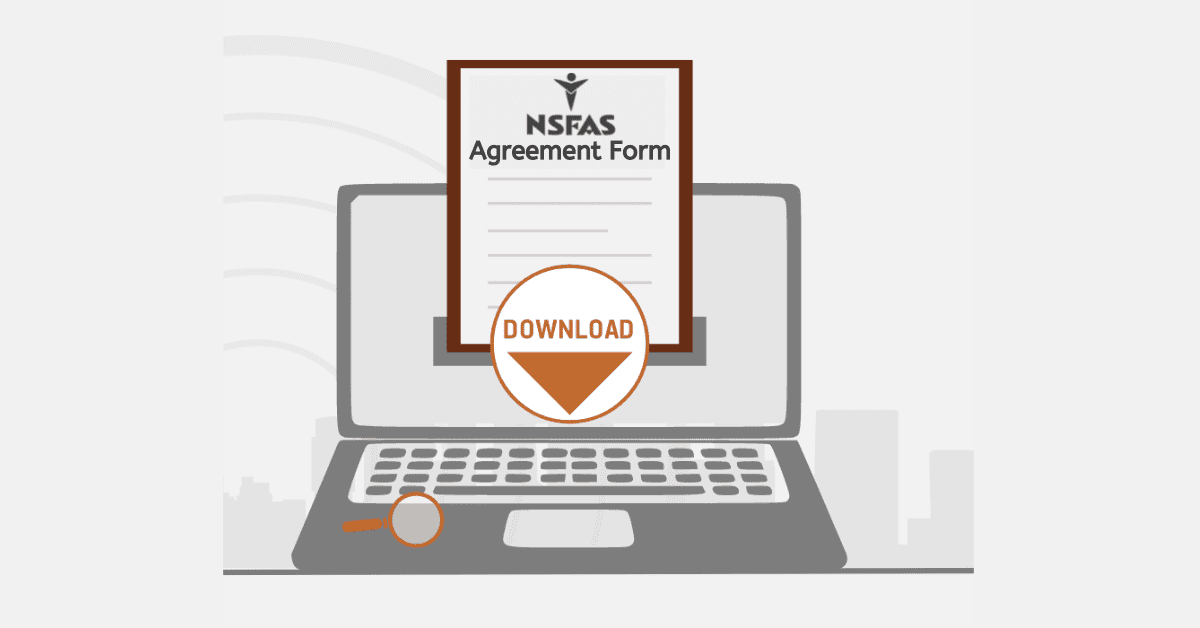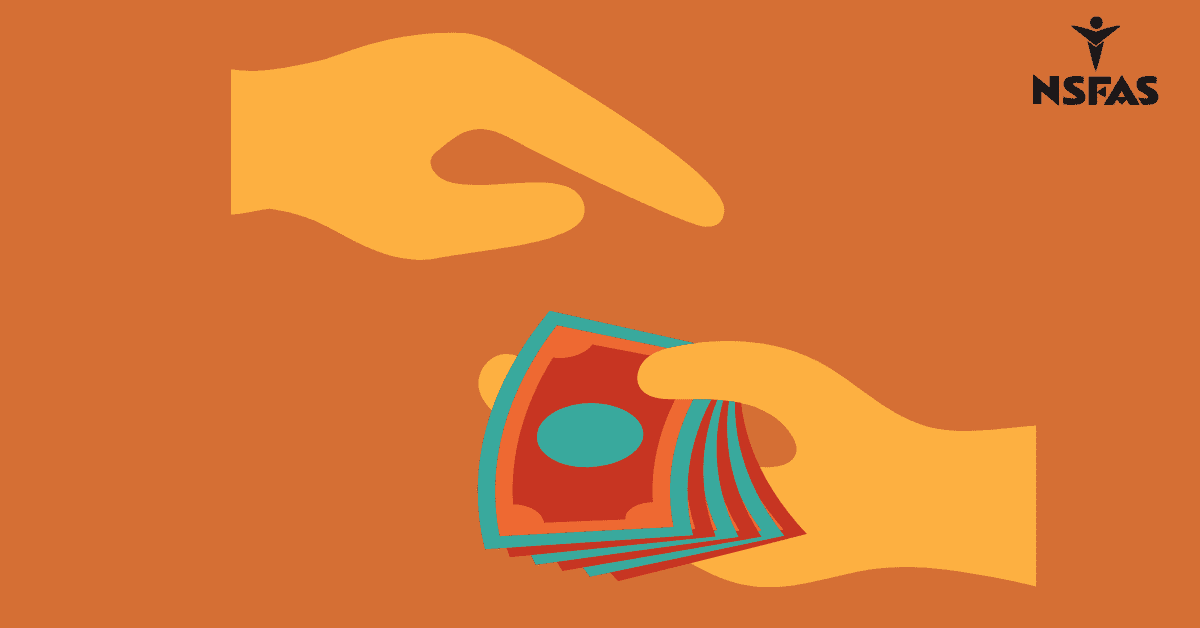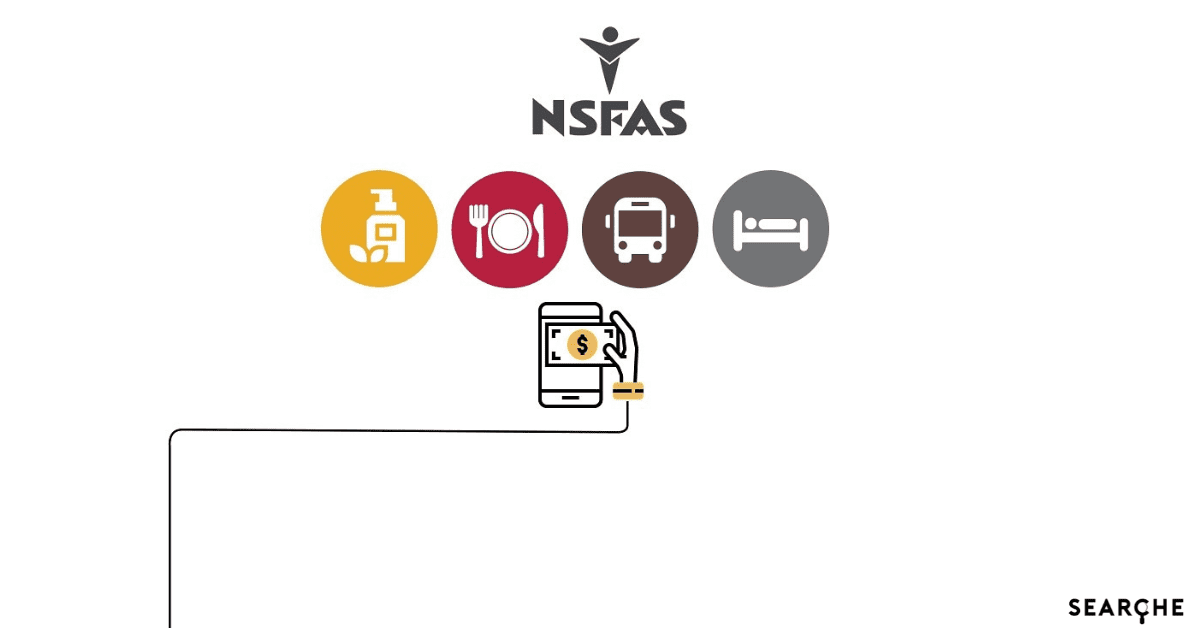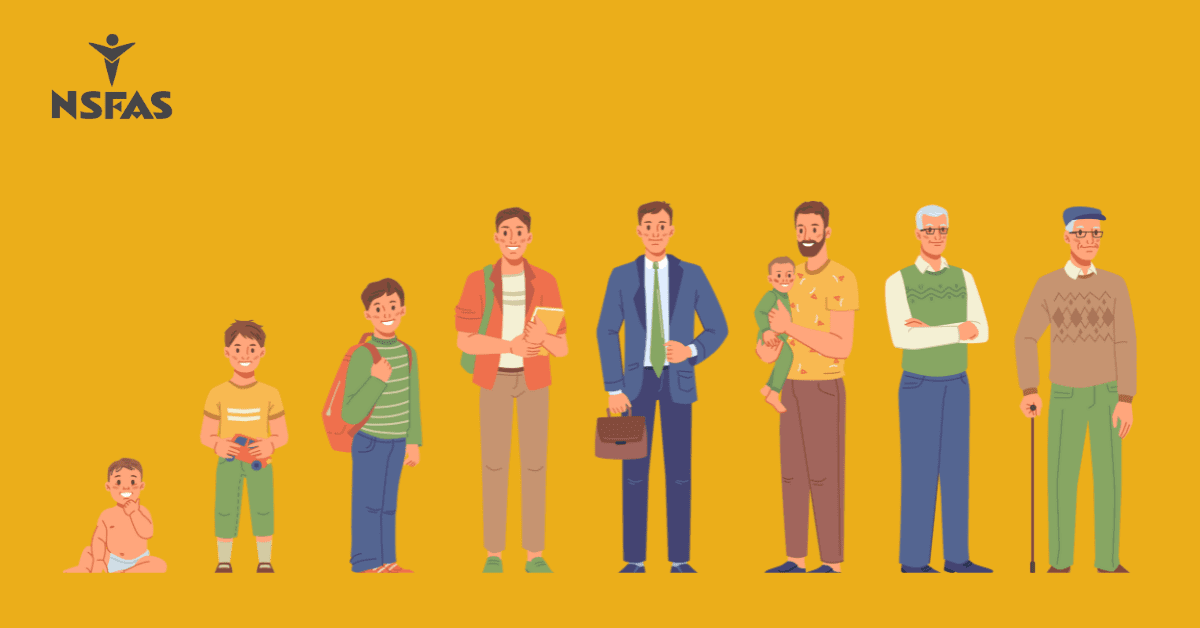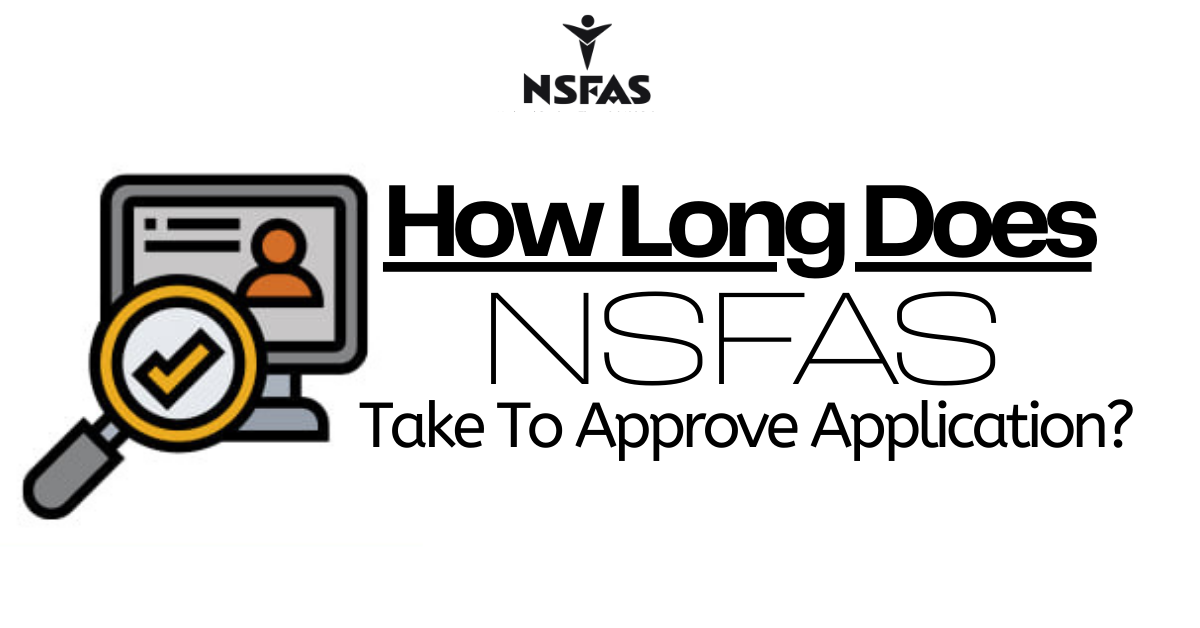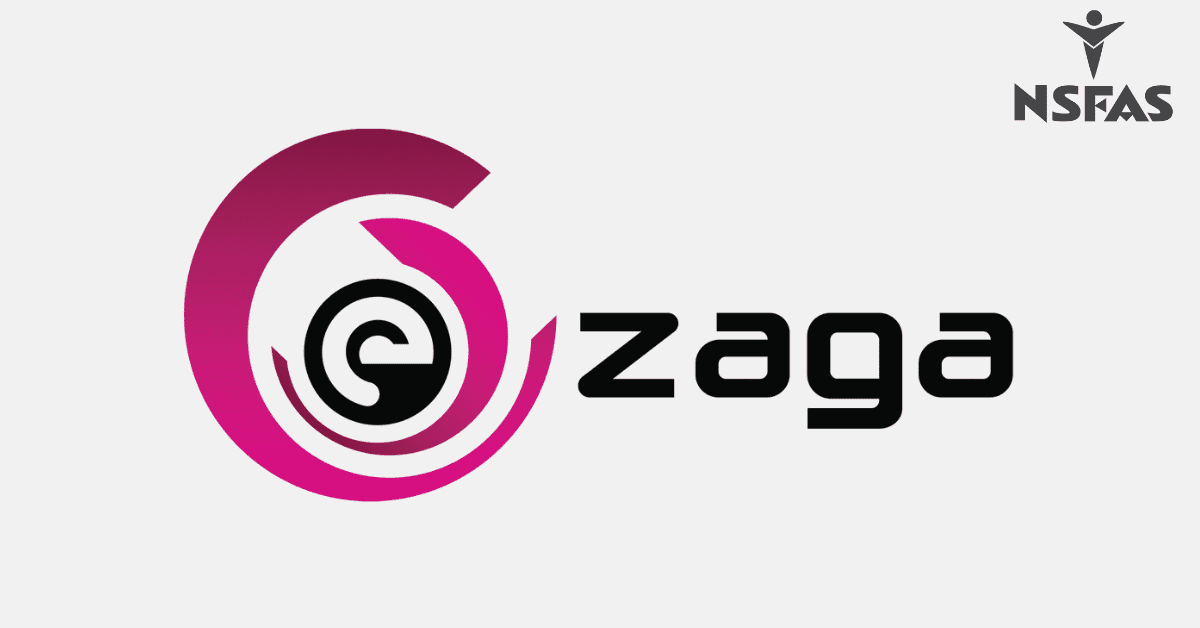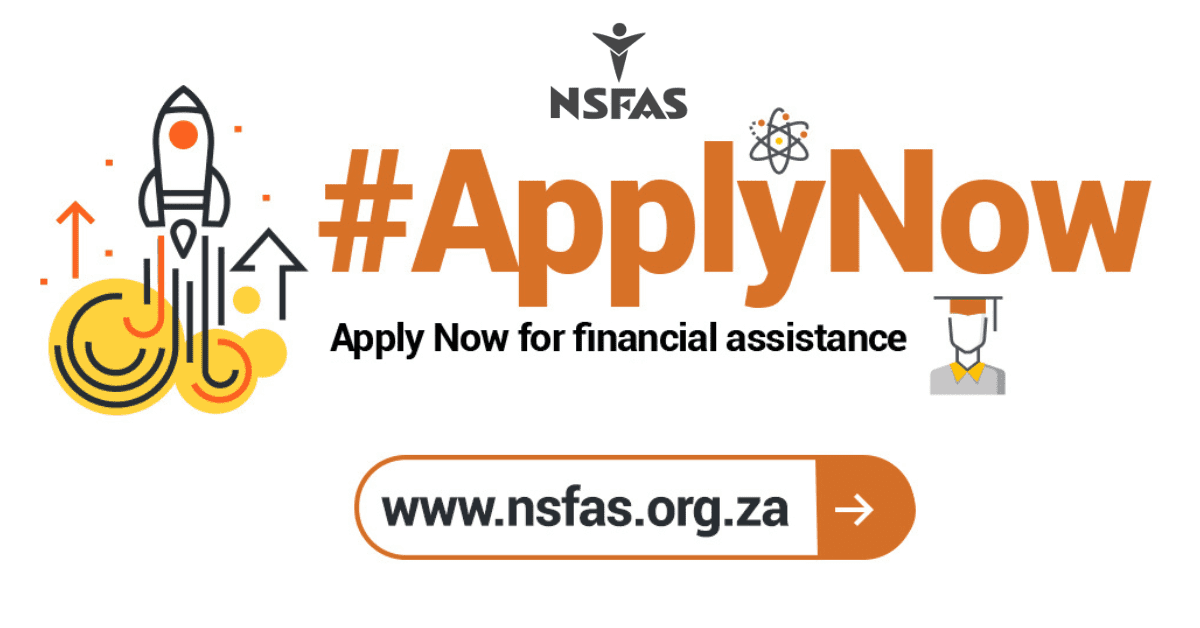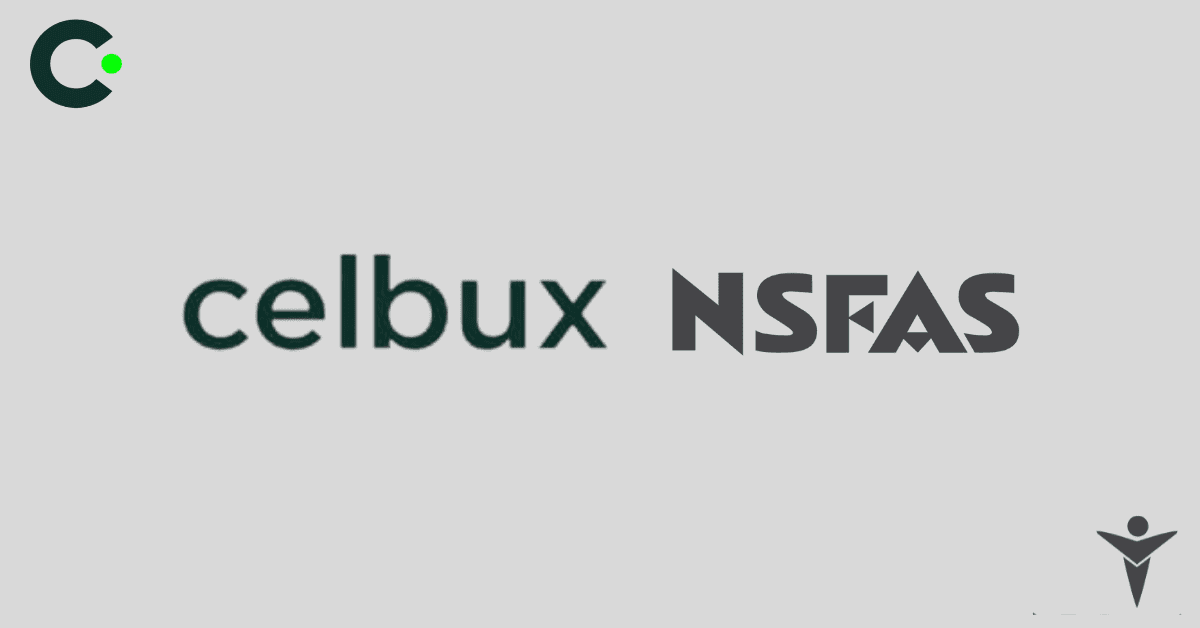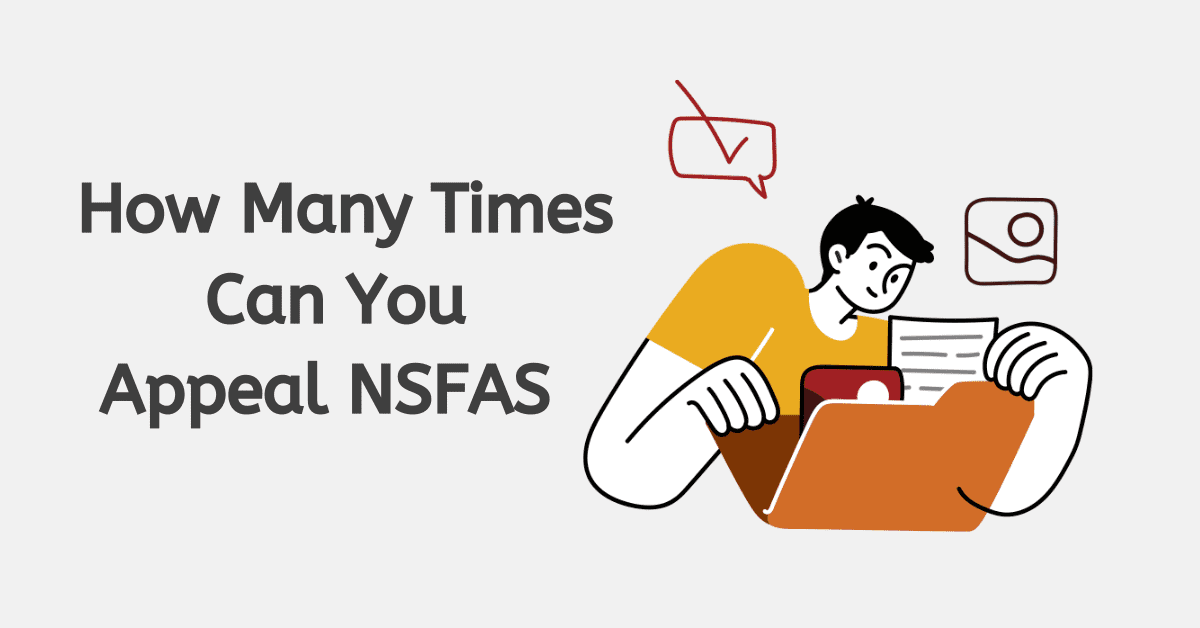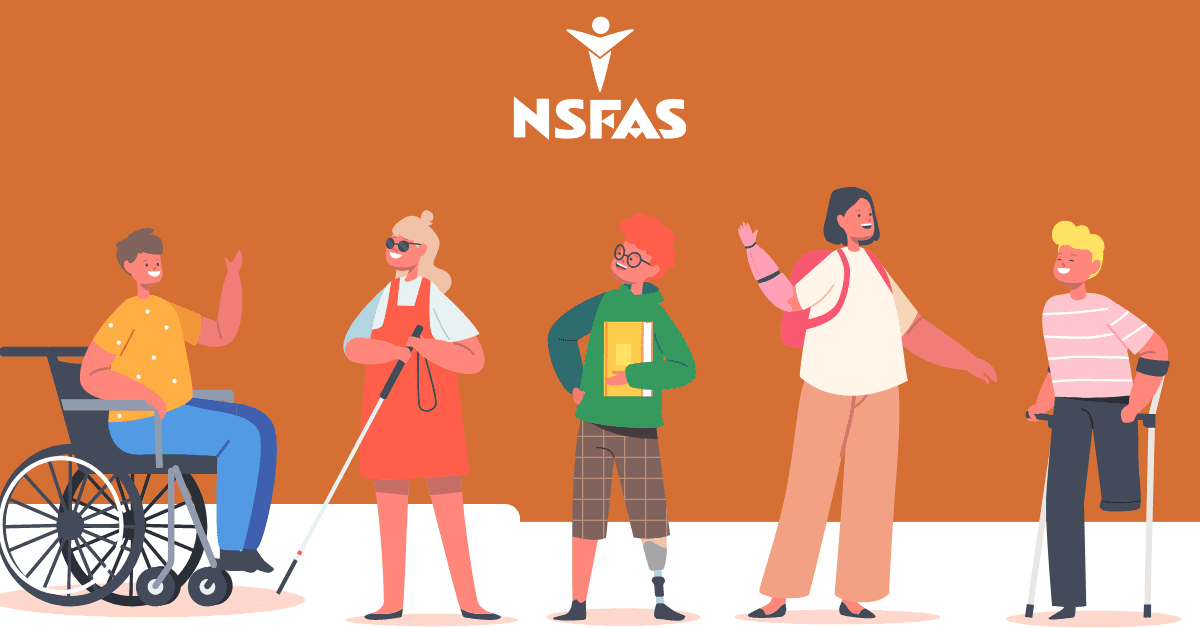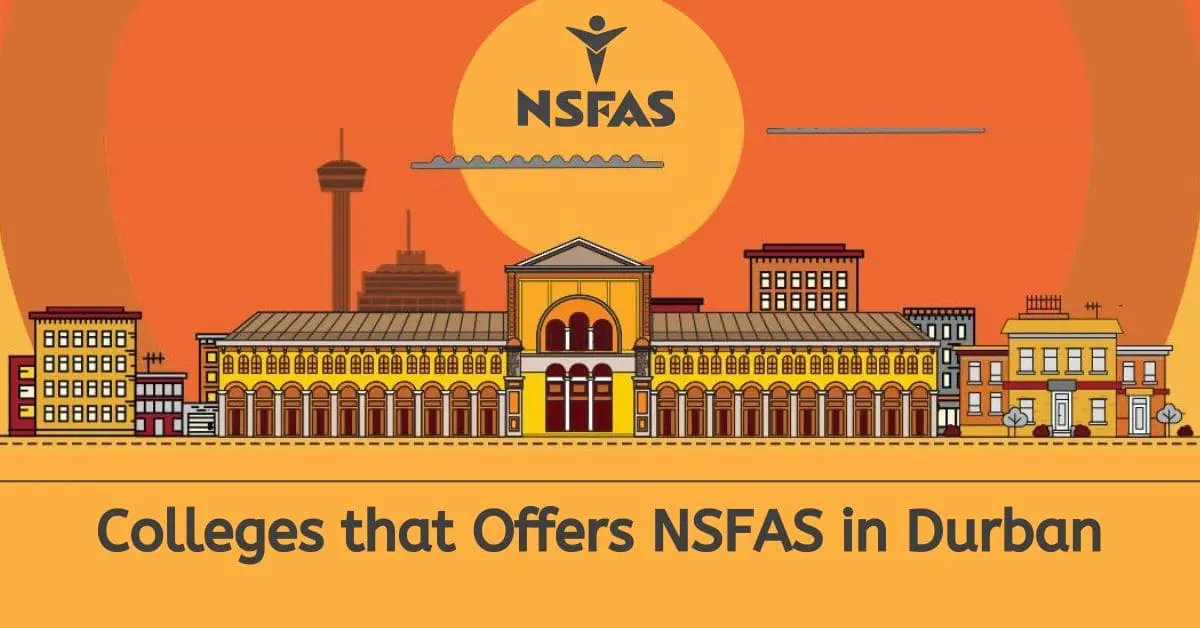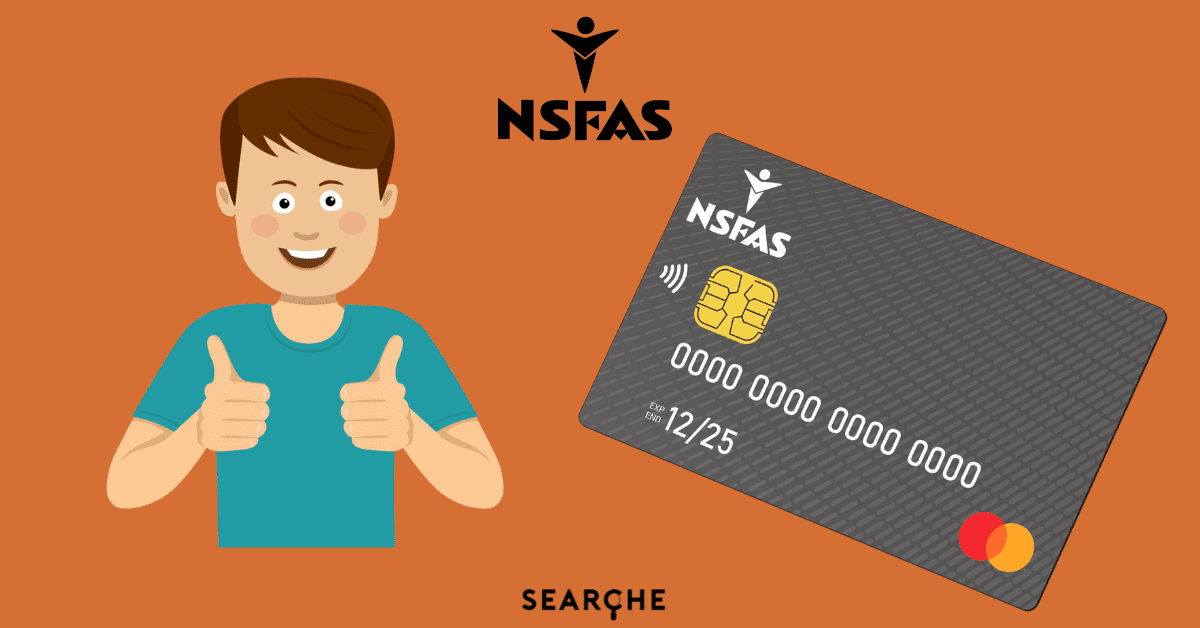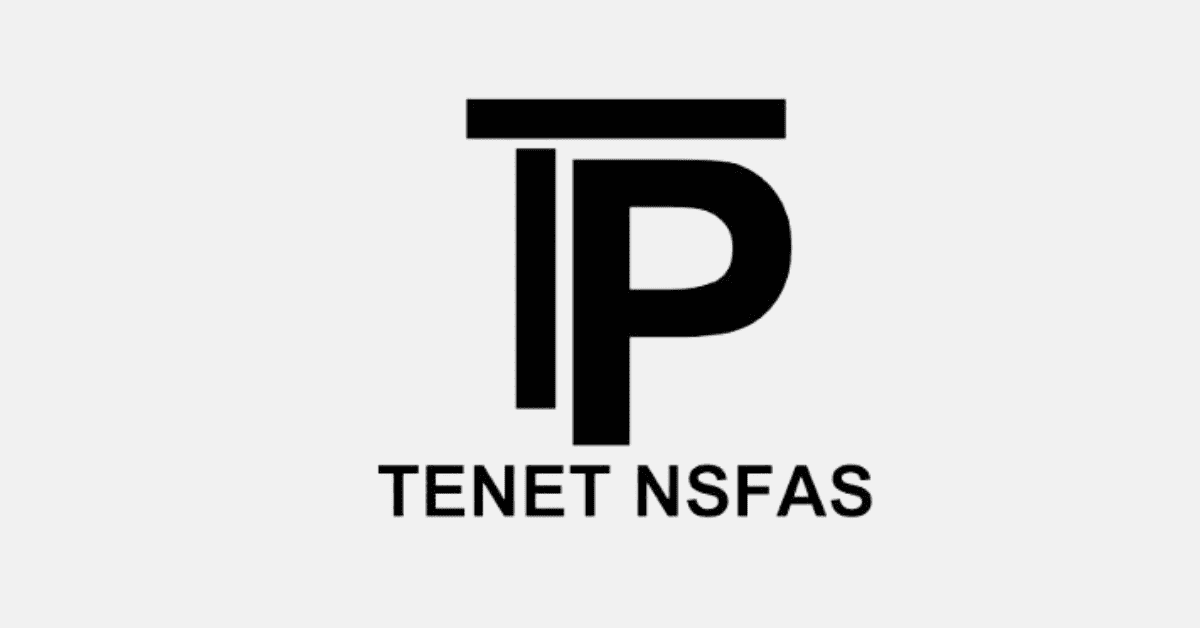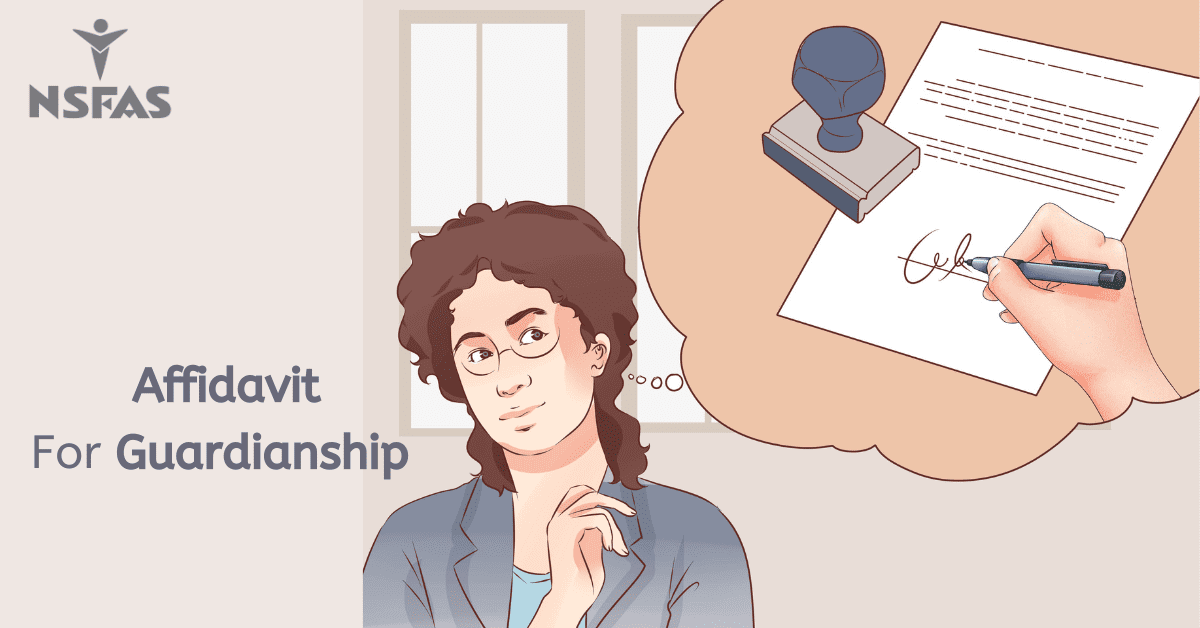As a student, all you want is to focus on your studies, maintain good grades, and perhaps even a social life, right? The truth is very few of us have that luxury. Most of us have often stressed whether our fees will be paid on time – before the results are released.
The last thing you want is to worry about the cost of student accommodation, which can be very expensive, with limited funding opportunities available.
The National Student Financial Aid Scheme (NSFAS), which provides financial assistance to eligible students at tertiary institutions, might just be the solution to your funding needs.
Let’s look at how much NSFAS pays for accommodation in 2025.
How much does NSFAS pay for accommodation at the university?
Fees vary across universities, so there is no fixed maximum allowance set for the cost of student accommodation.
Although universities have the discretion to come up with their own fee structure, they are required to do so in adherence to guidelines prescribed by the Department of Higher Education and Training (DHET).
NSFAS pays funds for student accommodation directly to tertiary institutions and sets a cap amount annually in accordance with DHET guidelines.
Students can stay on campus in a university-owned catered residence, off-campus in a university-managed self-catering residence, or they can simply opt for private off-campus accredited accommodation, subject to specific terms and conditions.
NSFAS will cover the actual cost of accommodation charged by the institution for on-campus catered and off-campus university-managed self-catering residences.
How much will NSFAS pay for off-campus accommodation?
Off-campus accommodation is classified into three categories, university-managed accommodation, private accredited accommodation, and non-accredited accommodation.
NSFAS will pay for the actual cost of off-campus accommodation if it does not exceed the maximum cost of on-campus accommodation.
Students who opt for private accommodation must ensure that their preferred residence is NSFAS-accredited. They must also consult their institution’s fee structure to confirm whether the cost is below the maximum limit before signing a lease – whose copy should be submitted to their respective institution alongside the student’s proof of residence.
How much will NSFAS pay for accommodation at TVET college?
NSFAS funding for TVET colleges works differently. Apart from eligible students being required to apply to their respective colleges for access to financial aid, amounts allocated for accommodation vary depending on the type of accommodation and location.
Here’s how much NSFAS is willing to pay for students studying at a TVET college per annum:
- TVET College managed residence – R 33,000
- Rural private accommodation – R 15, 750
- Peri-urban private accommodation – R 18, 900
- Urban private accommodation – R 25, 200
Students who wish to stay in private student accommodation are required to provide their institution with a copy of their signed lease agreements and proof of residence.
TVET college students who reside within 40km of campus may qualify for a travel allowance of up to R 7, 350.
How much will NSFAS give students in 2025?
NSFAS provides a personal care allowance of R 2,900 annually to all NSFAS-funded TVET students and university students who stay in on-campus catered accommodation. University students who stay off-campus receive a living allowance of R 15, 000 per annum.
Both allowances are rolled out in monthly payments throughout the academic year to assist students with their basic needs.
Eligible students who stay in other residences within a 40km distance from their respective institution are given an annual travel allowance of R 7,500 – also paid in equal monthly payments throughout the academic year.
NSFAS also gives students R 5,200 annually towards learning materials. However, only university students are eligible for the allowance.
University students living with disabilities receive additional allowances and support as set out in the NSFAS Eligibility Criteria and Conditions for Financial Aid Policy Standard.
Does NSFAS increase the 2025 allowance?
A recent petition for an allowance increase by a South African university student directed to the Minister of Higher Education, Mr. Blade Nzimande, has gained media attention.
With over 55,000 signatures, the petition calls for an increase in the monthly living allowance from R 1,500 to R 2,000 to mitigate the rising prices of food and necessities. This would bring the annual living allowance to the total amount of R 20,000.
Despite the call, NSFAS has not made an official statement yet – the allowance structure for 2025 remains the same.
